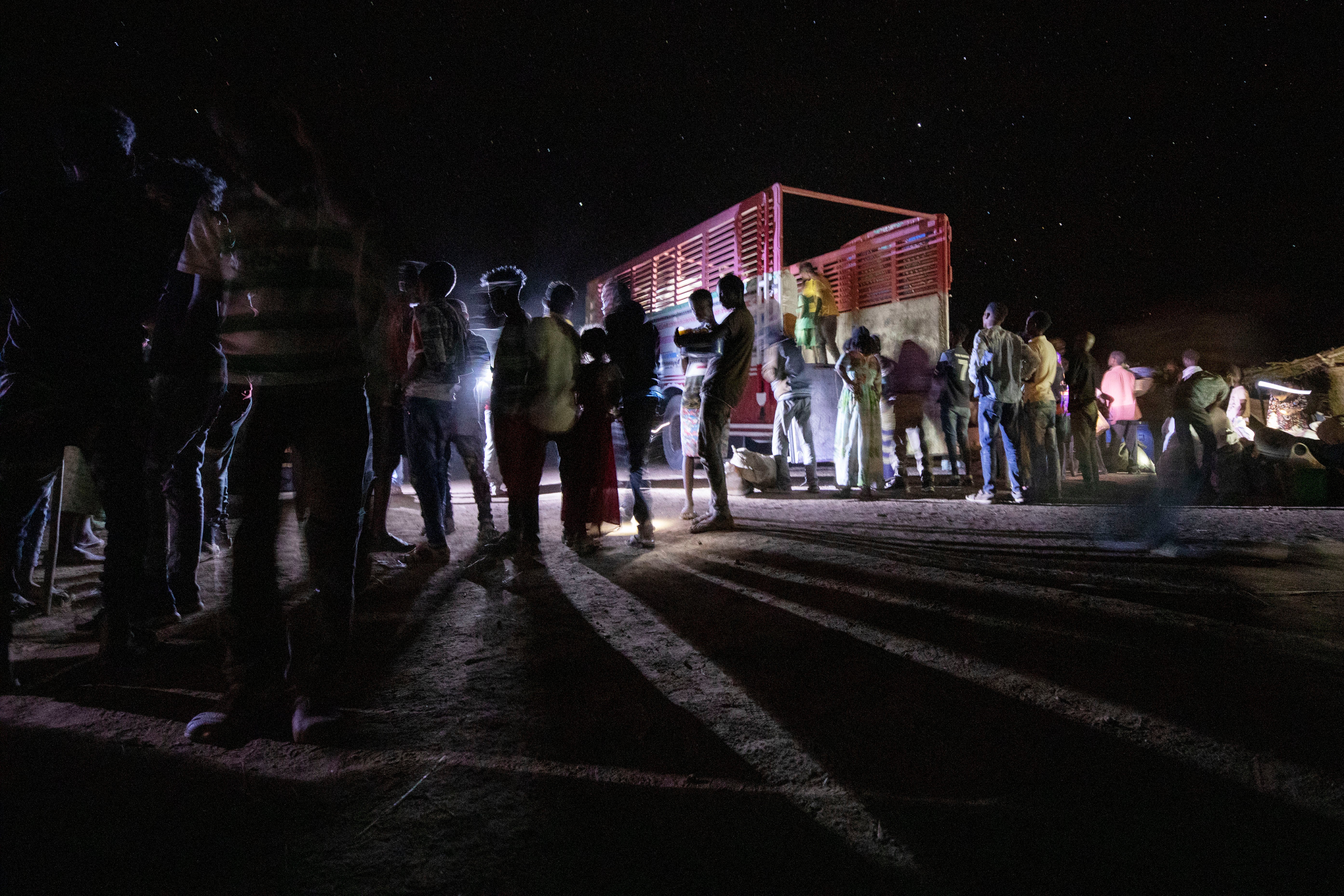EU postpones $109 million aid to Ethiopia over Tigray access
The European Union has postponed aid worth $109 million in budgetary support to Ethiopia over lack of access to Ethiopia’s Tigray region to deliver humanitarian aid amid the conflict

The European Union has postponed 90 million euros ($109 million) in budgetary support to Ethiopia over lack of access to the country's Tigray region to deliver humanitarian aid amid the conflict.
The delay in the funding, which was supposed to be paid at the end of the year, was confirmed to The Associated Press Wednesday by a top EU diplomat in Ethiopia's capital, Addis Ababa.
“A 90 million euro budget support disbursement that was supposed to be made at the end of this year has been postponed,” Ambassador Johan Borgstam, EU Head of Delegation to Ethiopia, said in a phone interview. He added that other EU aid programs will continue.
“The reason for the decision to postpone the budget support disbursements is that the EU first wants to see granting of full humanitarian access to Tigray for relief actors so that people in need can be reached and there is an end to ethnic-based targeting,” he said.
The EU also seeks the government's assurance that civilians who want to seek refuge in neighboring countries are allowed to do so and that mechanisms are put in place to investigate allegations of human rights violations, he said.
“Furthermore, it’s important for the media to have access and the restoration of all communications in Tigray, a process that we know has already been started by the government. This will be crucial to understand the needs on the ground,” he said.
The EU is one of Ethiopia’s largest donors, allocating 1.2 billion euros ($1.4 billion) for development cooperation with Ethiopia from 2014 through 2020, of which 500 million euros ($608 million) has been in direct support to the budget.
Ethiopian officials have not yet responded to the EU’s announcement of the postponement.
Ethiopia’s federal government started taking military measures against the Tigray region’s leadership after it said its forces based in the region sustained ‘inhumane attacks’ in early November.
Ethiopia’s Prime Minister, Abiy Ahmed, declared victory two weeks ago but local reports suggest there are still some clashes in certain locations. Thousands of people are feared to have died in the conflict that pitted Ethiopia’s federal government against the Tigray Peoples’ Liberation Front, a party that dominated Ethiopian politics for 27 years until the Nobel Peace Prize-winning Abiy came to power in April 2018.
The conflict in Tigray has alarmed the international humanitarian community, as communications have been cut off with large parts of the region. The U.N. refugee agency said more than 50,000 Ethiopians, mainly from Tigray, have fled across the border to Sudan.
On Sunday, Ethiopia’s Abiy traveled to Tigray's regional capital, Mekele, that federal forces now control. He vowed to bring the “criminals” who were the leaders of the regional government of Tigray to justice and urged reconstruction to start immediately.
Telecommunications and electricity in Tigray have started to function in some locations but large areas in the region remain inaccessible both for aid workers and journalists.
Bookmark popover
Removed from bookmarks